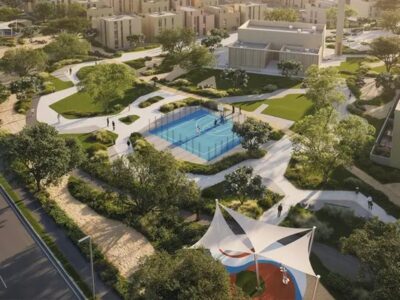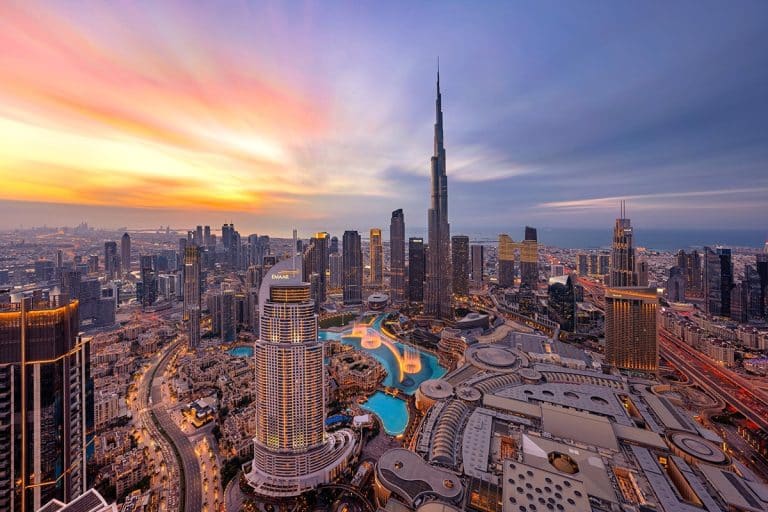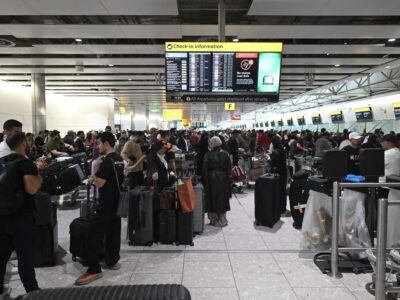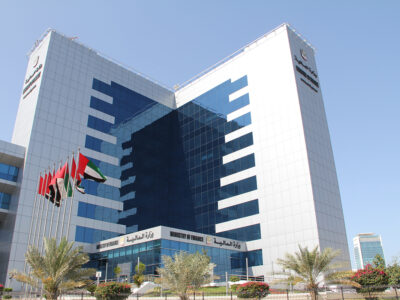The soaring price hikes for residential properties in Dubai in the last few years are predicted to see a moderation in 2025, with housing prices projected to see a moderate 5 to 10 per cent price hike this year, in 2025, industry leaders said.
The rising demand for affordable housing is expected to define the city’s housing outlook this year, with off-plan properties projected to witness robust demand, while the enduring appeal of luxury developments in the emirate will continue to enhance Dubai’s market fundamentals, they said.
Though global economic conditions such as interest rate fluctuations may influence sentiment, Dubai’s strong infrastructure and investor-friendly policies are predicted to act as catalysts to continue to attract both residents and high-net-worth individuals.
Dubai real estate forecast
“As we move into 2025, we forecast residential prices to rise between five and 10 per cent, driven by robust demand for off-plan properties,” Farooq Syed, CEO of Springfield Properties, a leading Dubai-based real estate provider, told Arabian Business.
“The moderation in price rises is expected even as Dubai’s real estate market is not just growing; it is transforming to meet the demands of a dynamic and increasingly global investor base,” he said.
Syed said Dubai’s ability to balance rapid expansion with policies that prioritise market stability, inclusivity, and long-term value creation will continue to position it as a leader in global real estate.
Industry insiders said despite projections of a slowdown in prices rises, Dubai’s real estate market is entering 2025 with a clear trajectory of sustainable growth, shaped by robust demand, progressive policies, and a strong position in global markets.
They, however, pointed out that the city’s property market is expected to witness supply constraints in some of the key areas, though developers are ramping up construction efforts to meet the rising demand.
“Balancing growth with sustainability will remain a top priority this year,” said Akshay Nagdev, Managing Partner, Foremen Fiefdom.
“The market shift toward more affordable and mid-range property developments are expected to see further acceleration [this year],” he said.
Nagdev said the surge in demand this year will be fuelled by Dubai’s growing population and the city’s appeal as a destination for professionals from around the world.
Despite warnings of a slowdown, Dubai’s real estate market in 2024 has demonstrated extraordinary resilience, with property prices surging 41 per cent in the first half of the year, with over 43,000 transactions completed.
“This growth has been driven by strategic government reforms, robust foreign investment, and diversified economic landscape extending beyond oil,” the Foremen Fiefdom Managing Partner said.
“Looking ahead, the UAE central bank’s forecast of 6.2 per cent national GDP growth, alongside Dubai’s smart city initiatives and sustainable development strategies, positions the real estate market for continued expansion,” he said.
Industry players said amid the surge in demand for affordable housing, the luxury market remains pivotal to Dubai’s global appeal.
Iconic developments, such as branded residences in Palm Jumeirah, continue to attract affluent international buyers, further reinforcing the city’s reputation as a hub for high-value properties, they said.
“Recent record-breaking sales, such as the sell-out of the last two launches of Palm Jebel Ali villas, illustrate the strength of this segment,” Syed said.
He said as residential sales values increased by approximately 34.45 per cent year-on-year as of Q3 2024, Dubai’s market demonstrates resilience and adaptability amid evolving global conditions.
“These figures reflect strong investor confidence and sustained demand across apartments, townhouses, and luxury properties, positioning Dubai as a preferred destination for long-term investment,” the Springfield Properties top executive said.
Industry analysts said with a strategic focus on balancing supply with demand and fostering innovation, Dubai’s real estate market is poised to redefine global benchmarks in living, working, and investing.
Population growth, Dubai’s population is projected to reach 7.8 million by 2040, is predicted to remain as a key driver of the continued demand surge for residential properties – for both buying and renting, they said.
This growth creates a significant demand for large-scale residential development, particularly in off-plan properties.
Flexible payment plans and future-ready designs have kept this segment competitive, especially in high-demand areas such as Downtown Dubai, the Marina, and Palm Jumeirah, where supply remains limited, they said.








